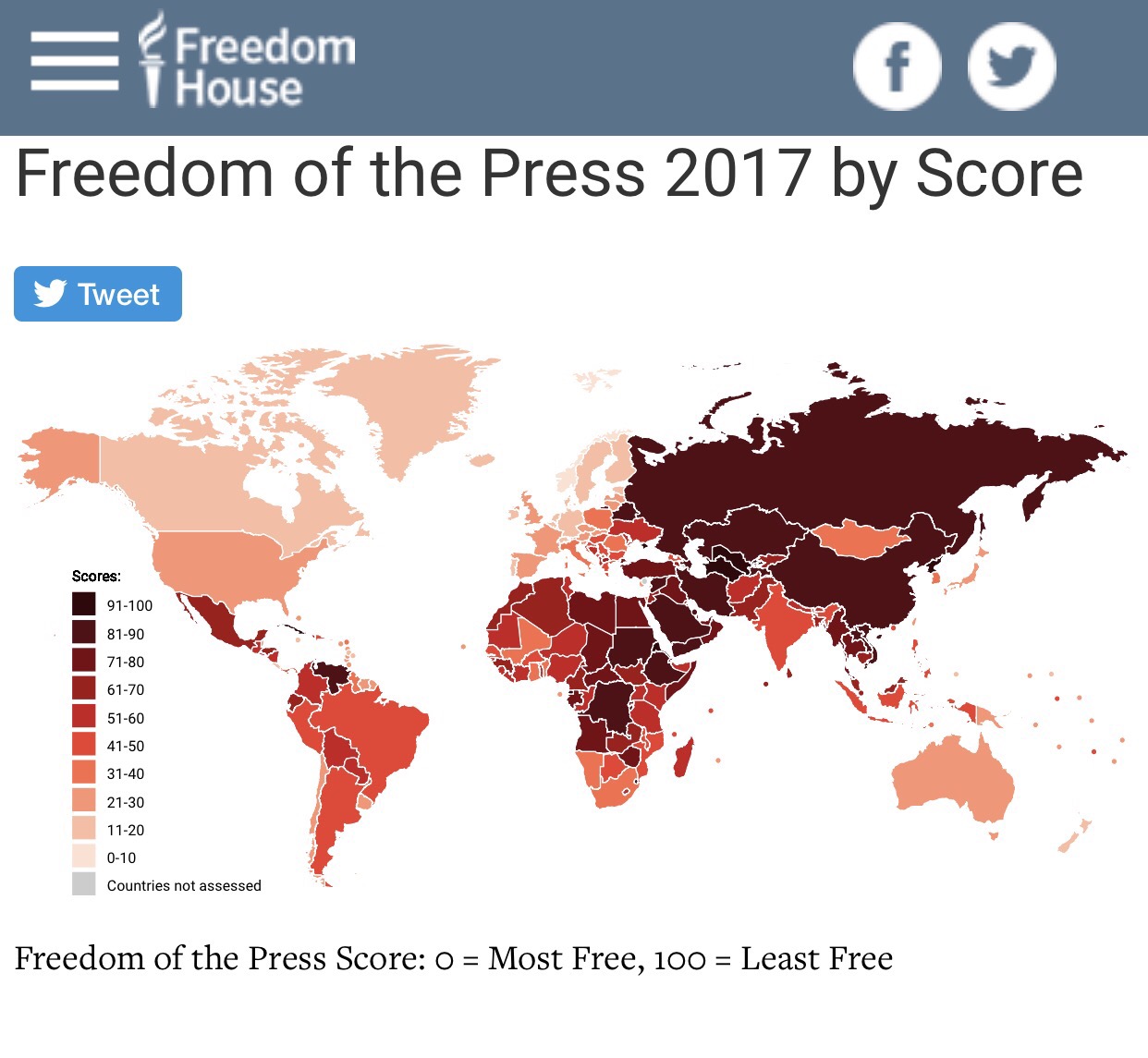

Transcription of the 1789 Joint Resolution of Congress Proposing 12 Amendments to the U.S. In 1992, 203 years after it was proposed, Article 2 was ratified as the 27th Amendment to the Constitution. The ratified Articles (Articles 3–12) constitute the first 10 amendments of the Constitution, or the U.S.

Ten of the proposed 12 amendments were ratified by three-fourths of the state legislatures on December 15, 1791. The 1789 Joint Resolution of Congress proposing the amendments is on display in the Rotunda in the National Archives Museum.

On September 25, 1789, the First Congress of the United States proposed 12 amendments to the Constitution. The spelling and punctuation reflects the original. Learn more about the Resisting Authoritarian Pressure cohort’s effort.Note: The following text is a transcription of the enrolled original of the Joint Resolution of Congress proposing the Bill of Rights, which is on permanent display in the Rotunda at the National Archives Museum. This Declaration of Principles is an initiative of the Resisting Authoritarian Pressure cohort, which was established by Freedom House, the Lithuanian Ministry of Foreign Affairs, and the Alliance of Democracies during the Year of Action following the first Summit for Democracy in December 2021.
Impede the development and proliferation of surveillance technologies used for digital transnational repression through export controls and licensing restrictions, and impose strong domestic controls on the use of such technologies. Take into account other countries’ practices and histories of transnational repression when considering bilateral security agreements, extradition treaties, foreign aid, and information-sharing practices. Press for transparency and due process at the International Criminal Police Organization (INTERPOL), as well as reforms to domestic procedures for the use of INTERPOL notices, to ensure such notices are not misused by authoritarian regimes to trick officials and officers of democratic governments into detaining regime critics at their behest. Increase accountability for perpetrators of transnational repression through measures including targeted sanctions and diplomatic consequences. Publicly and privately call out perpetrators of transnational repression. Ensure that human rights activists and civil society organizations have access to international forums where they can share their experiences and raise awareness of the threat of transnational repression. Ensure that domestic laws provide officials with the authority and tools needed to apprehend and prosecute perpetrators of transnational repression. Establish clear procedures for the public to report to relevant domestic authorities attacks, threats, or harassment by foreign states or actors. Increase outreach to potential targets of transnational repression, in coordination with civil society, to alert potential targets to threats, inform them of their rights, and explain how they can report incidents. Increase awareness of the threat of transnational repression for officials at the national and subnational levels, including border enforcement, immigration, and law enforcement personnel, so officials are better able to recognize threats, appropriately respond to them, and assist victims as needed. Specifically, signatories will strive to: Signatories of this Declaration of Principles hereby acknowledge transnational repression as an issue requiring urgent attention and response, and commit to working to address impunity, build resilience, and protect the vulnerable. Combatting transnational repression requires ending impunity for perpetrators, strengthening the resilience of democratic institutions, and protecting vulnerable groups and individuals. It undermines the rule of law, imperils civil and political liberties, and spreads authoritarianism. Transnational repression is a threat to democracy and human rights worldwide. The Declaration of Principles to Combat Transnational Repression calls upon democratic governments to acknowledge and commit to addressing the increasingly prevalent phenomenon of transnational repression, whereby states reach across borders to harm, intimidate, and silence journalists, activists, dissidents, and diaspora communities.







 0 kommentar(er)
0 kommentar(er)
